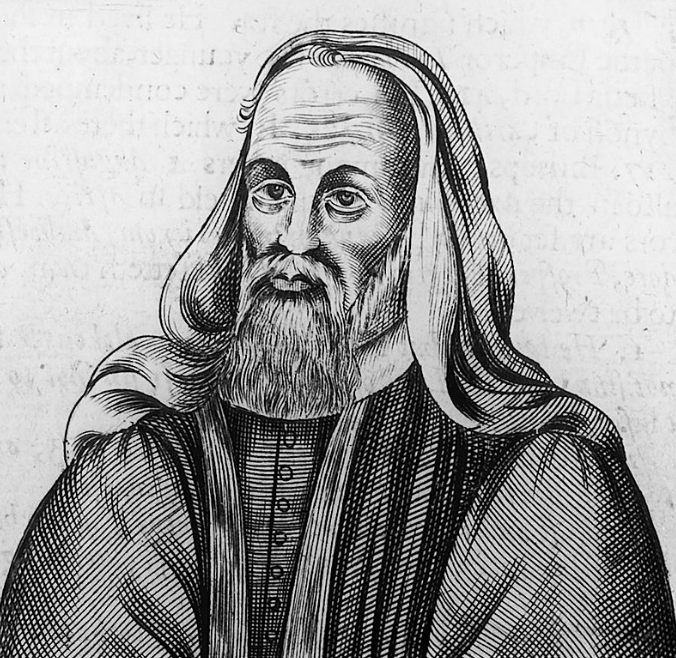
Pelagius was a theologian during the Patristic Age who emphasized the role of free will in morality. In particular, Pelagius disagreed that humans inherited moral guilt from original sin. While Pelagius made his arguments within a Christian framework, one can easily see how his work fits perfectly into a Deist worldview. Christianity abandoned Pelagianism, but we ought not to.
Pelagianism is the position that the fall of man, or original sin did not inherently lead to moral guilt in other humans. While Deists obviously do not believe in original sin, knowing about it is useful for discussing with our Christian counterparts. Most Christian denominations favor Augustinianism which states that every human's nature is tainted by original sin. This leads humans unable to choose God without the grace of God. However, this renders the concept of morality meaningless because if true, we would not longer be able to conceive of human action as free choice.
Pelagius was right to identify that morality must only exist if free choice exists. Without the option of picking between good and evil, we cannot describe choices as good or evil in themselves. If humans are unable of picking good without the grace of God, what does that say about evildoers? The distinction between good people and evil people becomes only about those favored by God, rather than those who choose to live their lives in accordance with morality in contrast to those who don't.
Humans are not perfect and do not act morally every time. However, this does not mean that human nature is inherently evil as original sin doctrine states. That humans choose to do evil sometimes implies that they have the choice between choosing good and choosing evil. Without this choice, humans are only deterministic machines that carry out the plans of destiny. The controversial bit about this part of Pelagian doctrine is that it implies that humans could theoretically achieve sinlessness. Many Theists may disagree on this, but it is a necessary postulate to even begin to talk about morality. If sinlessness isn't possible, and sin is inevitable, then humans ought not to be blamed for what they could not avoid. This isn't to say I know of any sinless individuals, but that the theoretical possibility certainly exists. It is an uncomfortable thought for many, because it means there is no "fallen nature" to fall behind after sinning but one that is necessarily true.
There is debate even with Christian denominations on this topic. The denominations that align most with Augustinianism stress the importance of infant baptism while a few other denominations don't. The rationale for infant baptism is that if humans are born with guilt, then they must be saved through baptism to cleanse their sins. Pelagius disagreed with this, as infants are blameless since they have not chosen to sin yet. It is likely not wise to chastise parents who baptize their babies with the belief that they are saving them, but it definitely is not a coherent belief. I do not recommend thinking of your baby as being born evil.
I have avoided talk of Pelagius' views on salvation since it is my opinion that soteriology deals in the metaphysically unknowable but the implications are worth a mention. Pelagius asserted that salvation depends on humans being judged for their choices rather than salvation being granted by God's grace. If salvation is to be a meaningful concept, I think Pelagius' conception of it is certainly much more valid than Augustine's was. It would not be wise to speculate more on it, because we are dealing with a concept where we cannot build a deductively valid argument. It is possible that salvation depends on being sinless, or on repentance, or perhaps it doesn't exist at all.
What we really ought to take away from Pelagius is that we ought to be moral in our current lives. We ought to be moral not because we wish to be saved, but because it is inherently good. We do not exhibit perfect control over the world, but we do exhibit control over our choices and we have an obligation to avoid immoral choices. I recommend Pelagius as a good scholar to read for those interested to learn more on the differences between Theist and Deist moral theory.
